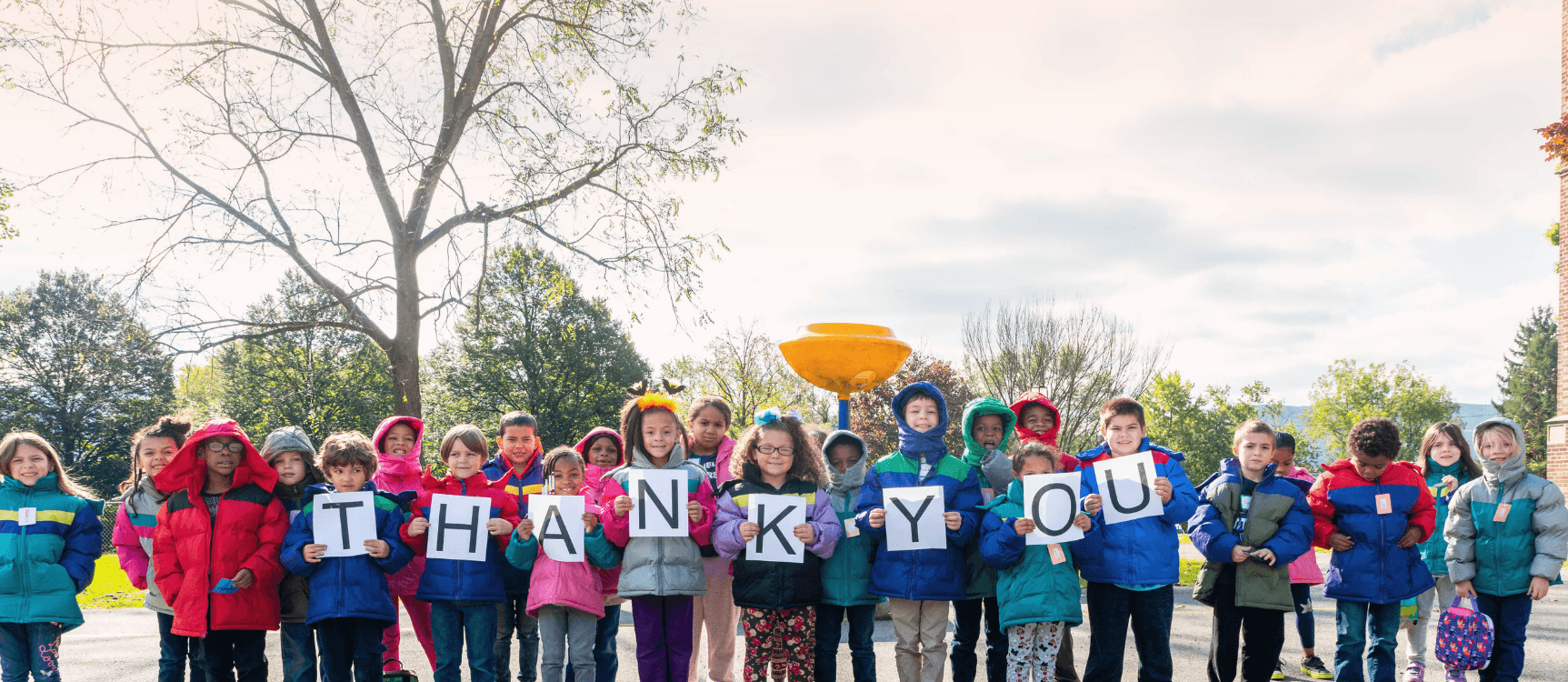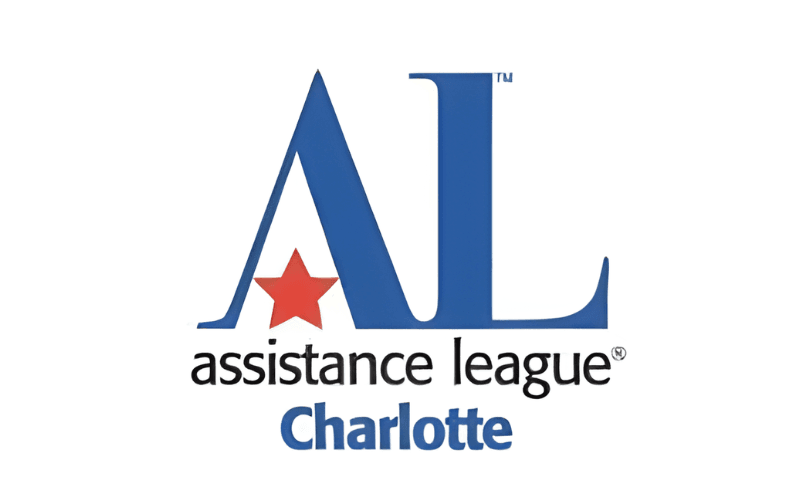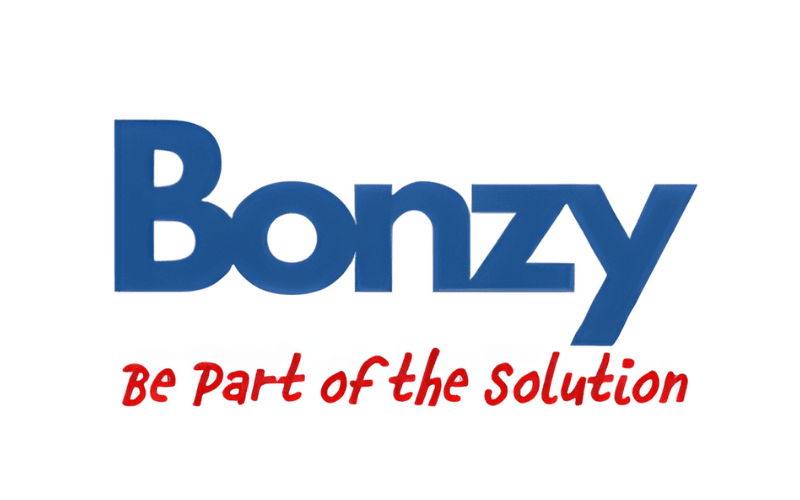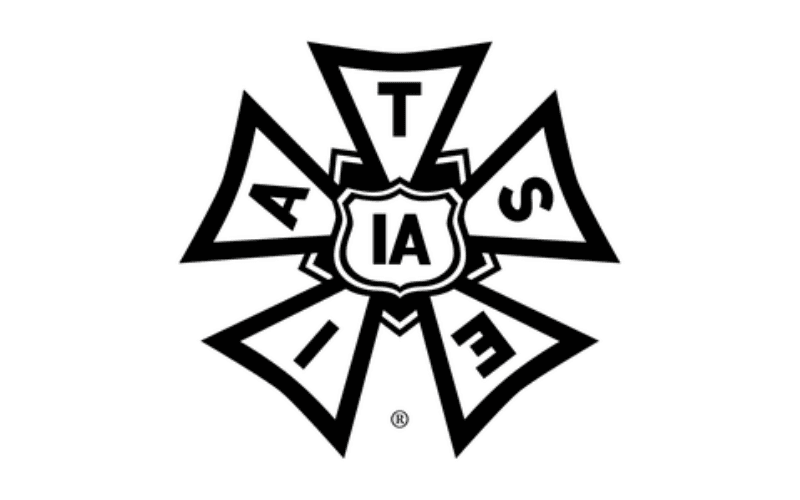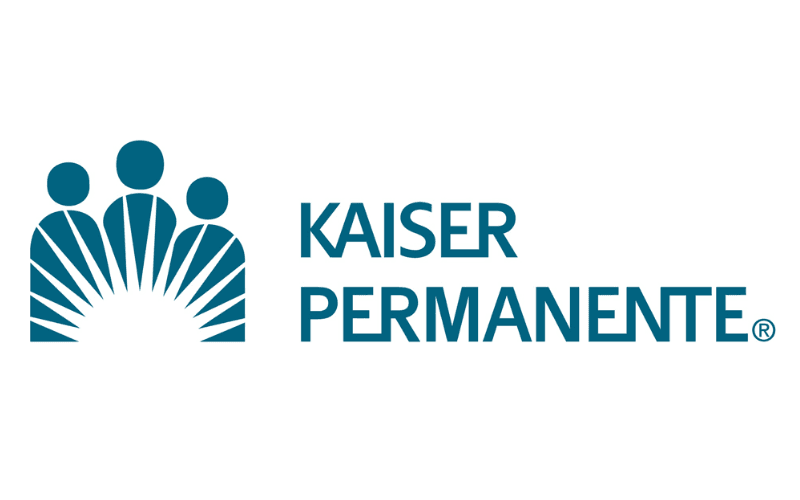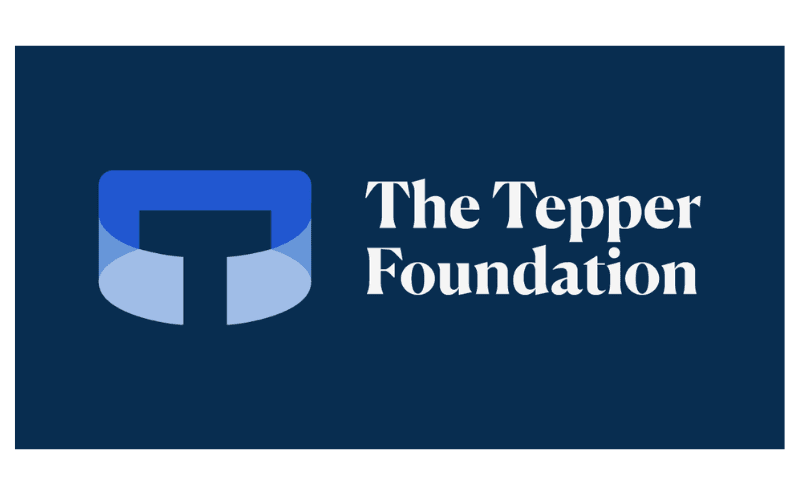One of the biggest lessons we are taught as children is that we need to stay in school. Having an education is the first step to finding a job and earning money. Without an education, many are left jobless and stuck living in poverty for the rest of their lives. Statistics show that for children who live below the poverty line, the chances of having school success is much lower than their peers.
Poverty Impact and the Word Gap
Students living above the poverty line are entering kindergarten more prepared than those below it. High income families are able to put more money towards their children's cognitive development than those living in poverty. Parents with low incomes, on average, have less time to read to their children, no-funds for pre-school, and less stable home environments. The difference in preparation tends to persist through elementary and high school.
One factor doctors have begun to take note of in school success is the amount of words children hear by the age of three. Statistically, low income children will hear 30 million fewer words by the age of five. These children are also less likely to read in their spare time, or have trouble reading all together.
Poverty Impact on Mental Health
Another factor that restricts the school success of children in poverty is stress. Stress from housing conditions, poor nutrition, and other factors can affect a child’s physical and cognitive development. This can lead to mental conditions that impact a student’s motivation and desire to do well in school. Research by the Crittenton Women’s Union says that, “When a person lives in poverty, the limbic system is constantly sending fear and stress messages to the prefrontal cortex, which overloads its ability to solve problems, set goals, and complete tasks in the most efficient ways.”
Because these students will continue to be behind, low-income children are six times more likely to drop out when they reach high school. Without a diploma, many children will not attend college and will have a difficult time finding employment. According to the American Psychological Association, children without diplomas are also “more likely to rely on public assistance, engage in crime and generate other social costs borne by taxpayers.”
One of Operation Warm’s main goals is to give every child the chance to have school success. Our brand new coat program allows children to walk to the bus stop or to school without worrying about the colder weather. With a warm coat, children are also less likely to be ill and have a higher attendance rate.
Receive stories of warmth, confidence and hope and learn how you can help children in need. Join the Operation Warm monthly newsletter!
Works Cited:
https://opinionator.blogs.nytimes.com/2013/04/27/no-rich-child-left-behind/
https://opinionator.blogs.nytimes.com/2013/04/10/the-power-of-talking-to-your-baby/
https://www.theatlantic.com/education/archive/2014/10/american-kids-are-starving-for-words/381552/
https://www.edutopia.org/blog/how-does-poverty-influence-learning-william-parrett-kathleen-budge



